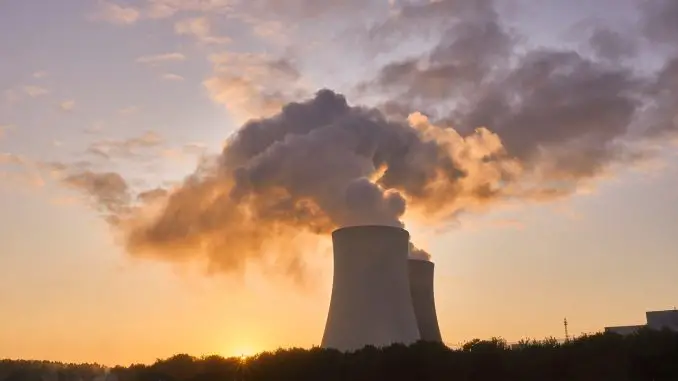
Several leading politicians to the right of the “middle line” are now doing their best to launch nuclear power as a way to achieve our climate goals. I wonder how, you may think.
Nuclear power plants need uranium as fuel. The mining of uranium has a major environmental impact and causes large emissions of carbon dioxide. Therefore, despite good access, many countries do not want uranium mining domestically. We don’t want to see the quarry but want the uranium. In ordinary language, this is usually called double standards.
When the fuel has made its use in the power plants, it ends up as waste. As yet, no one knows how to handle this. It is taken seriously that the waste should be stored in capsules at a depth of 500 meters and there it should be for 100,000 years. To get some perspective on that time period, I would like to remind you that when people celebrate Easter, they do so in remembrance of a person who walked here on earth 2,000 years ago. The whole idea that future generations will be forced to take responsibility for our environmental ease feels scary and ethically and morally reprehensible.
But nuclear power is fossil-free? Is this correct? Already in 2009, Stanford University conducted a study of various sources of carbon dioxide emissions from a life-cycle perspective, ie from mining to the installation of the plant after a number of years. It was not entirely unexpected that coal power emitted the most carbon dioxide per kilowatt-hour produced, 439 grams. Then came nuclear power with 125, followed by, for example, small-scale hydropower and solar power with 20 grams each. Lowest had wind power with 5 grams per kilowatt-hour.
In other words, nuclear power accounts for as much as 34 percent of coal power emissions. According to the study, hydropower and solar power have considerably lower emissions than nuclear power. Conclusion: Nuclear power is definitely not fossil-free. Time to put the myth of nuclear power being fossil-free once and for all.
Worth noting is that the advocates of nuclear power are predominantly among politicians. Energy companies and other investors have shown no interest in building new nuclear power in many countries.
A reasonable conclusion is that nuclear power can be a parenthesis in power supply. Renewable energy can today be produced completely without support, while new nuclear power is heavily dependent on government subsidies. Through smart electricity grids and modern energy solutions, we can go a future to meet with renewable electricity without having to be ashamed of future generations.
Leave a Reply